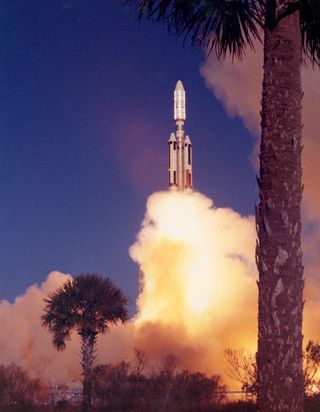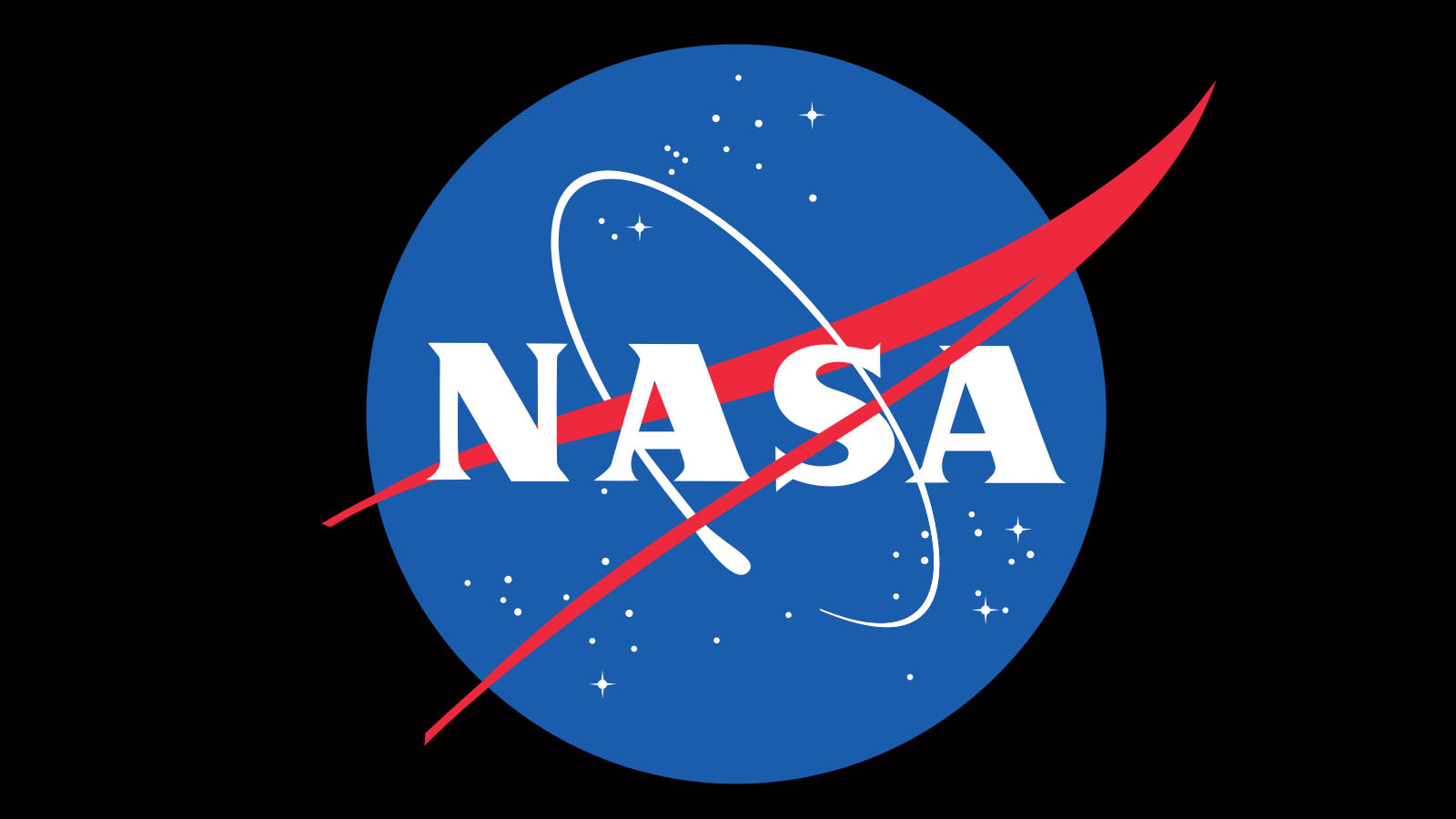Space History Photo: Titan-Centaur Rocket Launch Test (Fail!)

This historical photo from the U.S. space agency shows the first Titan/Centaur rocket lifting off from Complex 41 at Cape Kennedy Air Force Station on Feb. 11, 1974. The Titan stages burned as programmed, but when the Centaur stage failed to ignite, the Range Safety Officer destroyed it.
The new NASA rocket was launched on a proof of concept flight designed to prepare it for twin Viking probe launches to Mars in 1975 and other missions involving heavy payloads. The 160-foot-tall rocket combined the Air Force Titan III with the NASA high-energy Centaur final stage. The twin solid rocket boosters had a combined liftoff thrust of 2.4 million pounds.
Aboard Titan/ Centaur on its proof of concept flight were a dynamic simulator of the Viking spacecraft and a small scientific satellite (SPHINX) designed to determine how high voltage solar cells, insulators, and conductors are affected by the charges particles in space. KSC's Unmanned Launch Operations Directorate conducted the launch.
Each weekday, SPACE.com looks back at the history of spaceflight through photos (archive).
Get the Space.com Newsletter
Breaking space news, the latest updates on rocket launches, skywatching events and more!
Join our Space Forums to keep talking space on the latest missions, night sky and more! And if you have a news tip, correction or comment, let us know at: community@space.com.

The National Aeronautics and Space Administration (NASA) is the U.S. government agency in charge of the civilian space program as well as aeronautics and aerospace research. Founded in 1958, NASA is a civilian space agency aimed at exploring the universe with space telescopes, satellites, robotic spacecraft, astronauts and more. The space agency has 10 major centers based across the U.S. and launches robotic and crewed missions from the Kennedy Space Center in Cape Canaveral Florida. It's astronaut corps is based at the Johnson Space Center in Houston. To follow NASA's latest mission, follow the space agency on Twitter or any other social channel, of visit: nasa.gov.
